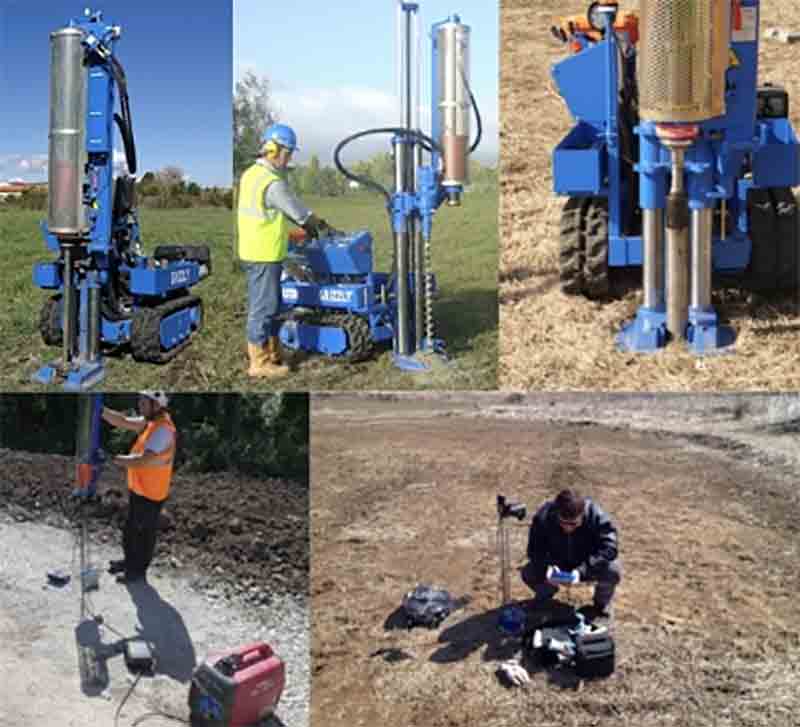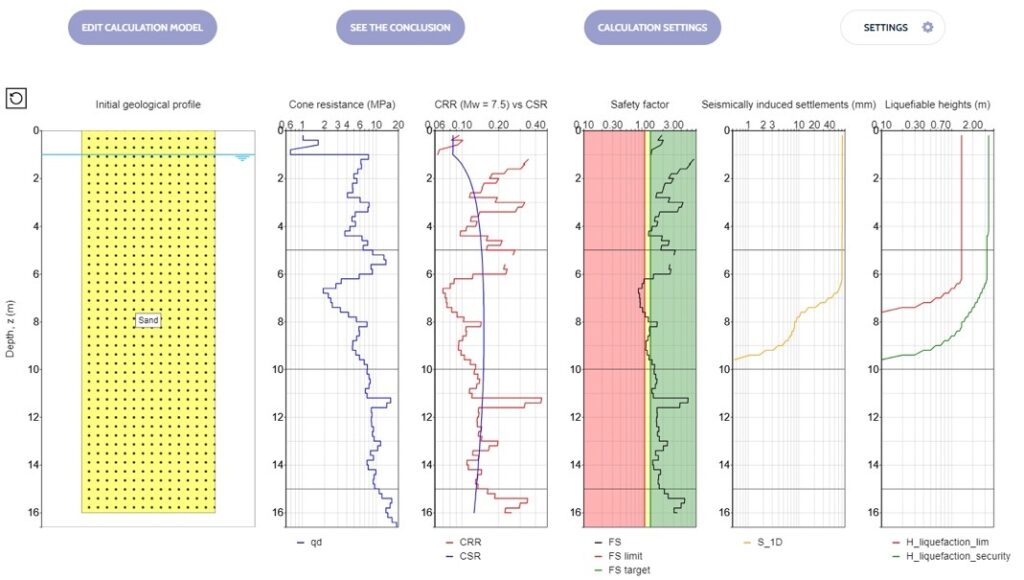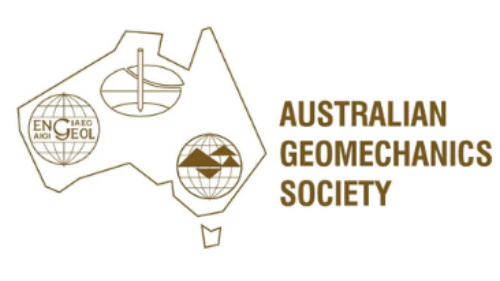Innovative Insitu Testing Methods for Solar Farm Foundations
Whether we are involved in the site selection phase or the detailed design and specification phase of a solar farm, it’s essential we understand clearly the underlying ground conditions.
Are there soft soils or fill materials? Is there shallow rock and where is it?
Not understanding the ground conditions well can result in increases in the construction cost per MW, fundamentally impacting the solar farm’s feasibility and profitability.
Typically solar panels (and tracking systems) are mounted on shallow (e.g. 3-5m) driven piles. Pile driving rates depend on the soil type and conditions.
These piles resist lateral and vertical wind loads and accommodate ground movements. To remain stable through-out the solar farm life, we need to understand the effects of wetting (including saturation from flooding) and drying on the strength, stiffness, and structure of the soil surrounding the piles.
Long trenching works are also required for underground cabling.
Here we present two innovative tools often used to establish insitu ground conditions at solar farm sites; the PANDA® Instrumented DCP and the GRIZZLY® Dynamic Penetration Super Heavy (DPSH).
PANDA® Instrumented DCP
The PANDA® is suited to site investigation and captures the cone resistance vs depth profile, in real time.
| Portable small equipment – all in a suitcase |
| For deeper or repetitive tests, a one person operated electric automatic hammer is available |
| Non destructive (almost) – suitable in cultivated fields |
| GPS located and time stamped results |
| Automated data capture with results viewable on site during the test |
| Cone resistance (MPa) vs depth with continuous strength profile |
| High integrity output (correlates well with CPT) |
| Correlates with pile driving |

GRIZZLY® Dynamic Probing Super Heavy (DPSH)
Applicable uses of the GRIZZLY® for solar farms include site investigation, geotechnical auger drilling, and soil sampling (windowless push tube sampling). The GRIZZLY® captures the cone resistance vs depth profile, in real time.
| DPSH – Strength vs Depth profile | Boreholes – Drilled (Auger) or Driven (Windowless push tube sampling) |
| Compact self-propelled stable rig with rubber tracks carried in a van or 4wd ute / Trailer | Any depth required for the solar farm piling and building foundations |
| Non destructive (almost) – suitable in cultivated fields | Obtain undisturbed or disturbed samples |
| Fast execution | Drilled or driven depending on soil composition/ stiffness |
| GPS located and time stamped results | Core samples can be retained for further analysis (e.g. environmental) |
| Automated data capture with results viewable on site during the test | |
| Cone Resistance (MPa / N10 / N20) vs depth with continuous strength profile | |
| High integrity output (correlates well with CPT) | |
| Correlates with pile driving |

On a side note, you maybe interested in an upcoming Australian Geomechanics Society (AGS) QLD presentation on Solar Farm Foundations by Dr. Richard Kelly – Chief Technical Principal for Geotechnical Engineering & General Manager for Technical Excellence, SMEC.
Insitutek is our partner overseas for our test equipment. Ask them for a presentation or training for our products. I am sure you will be satisfied. They are a reliable and very kindly partner.
The PANDA probe is giving us and the construction team very useful insight with immediate feedback on the compaction being achieved on a major new rail construction project in QLD. We have two teams working daily using PANDA DCP’s and the Automatic Hammer on the rail formation, enabling real time decision making with confidence, based on the highly repeatable results.
If your after sales service is anything like what I have already received, I think I definitely made the correct choice.
Insitutek Blogs
We find clients are often looking for ways to improve geotechnical testing outcomes and do it more efficiently at the same time. This drives their buying decision making. Australian Soil and Concrete Testing (ASCT) was a case in point when they were searching for Plate Load Test equipment for their upcoming Collector Wind Farm project. Some of the things that motivated them include: […]
We are excited to introduce the addition of a new Liquefaction Risk Estimation module in WebSprint©. Paired with our cutting-edge products, PANDA® and GRIZZLY®, this module enables you to assess the liquefaction risk of soils exposed to seismic stress. PANDA® Instrumented DCP: This cutting-edge tool provides dynamic penetrometer soundings, delivering precise data crucial for seismic risk evaluations. GRIZZLY® […]
The Australian Geomechanics Society is gearing up for a series of geotechnical events across VIC, WA, NSW, and SA-NT. We are thrilled to inform you that we will be sponsoring and attending these exciting geotechnical events, and we would love for you to join us. It’s a fantastic opportunity to catch up, explore our booth (VIC), and stay informed about […]




